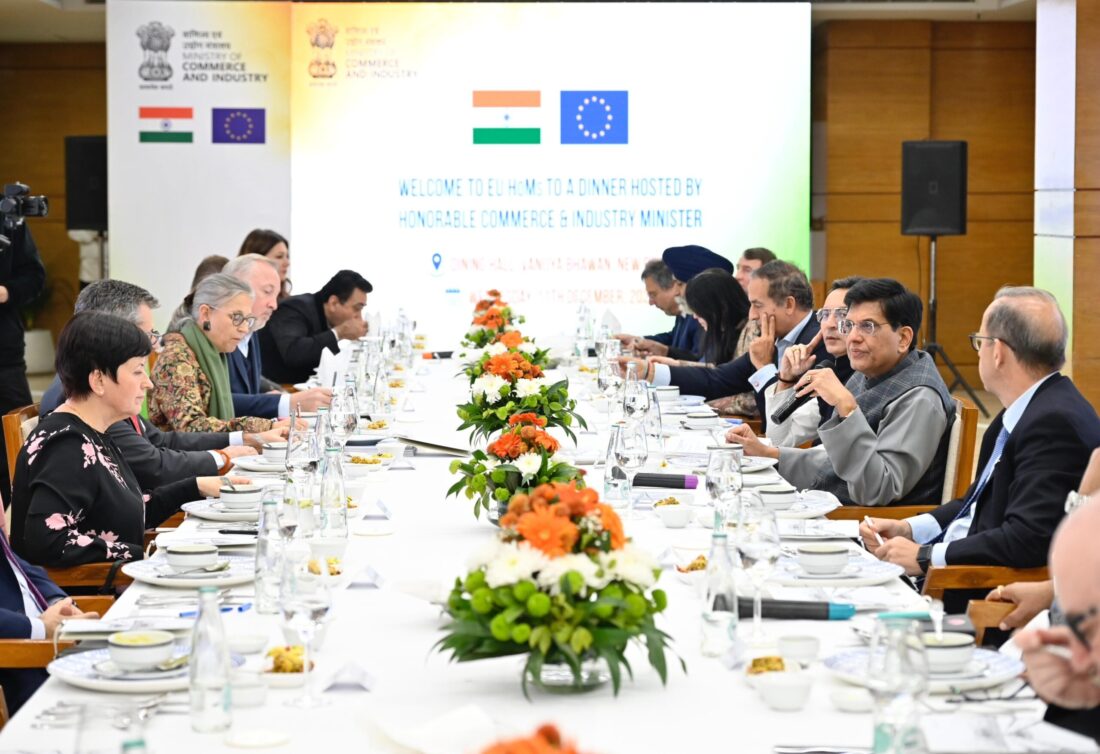North News
New Delhi, December 12
India is adopting a multi-pronged strategy to reduce dependence on crude oil imports, focusing on cleaner energy alternatives and renewable sources, the Ministry of Petroleum and Natural Gas told the Lok Sabha. The government’s initiatives include promoting natural gas as a fuel, expanding renewable energy adoption, increasing ethanol blending in petrol, developing electric vehicle infrastructure, and enhancing refinery efficiency. The Sustainable Alternative Towards Affordable Transportation (SATAT) scheme was launched to encourage the use of Compressed Bio Gas (CBG) as automotive fuel.
Efforts to shield citizens from high global oil prices include diversifying crude import sources, rationalizing intra-state fuel freight, and maintaining steady supply through Universal Service Obligations. The ethanol blending program has saved India ₹1.08 lakh crore in foreign exchange over a decade and helped clear ₹92,409 crore in dues to sugarcane farmers by reducing surplus sugar inventories.
India aims to achieve 500 GW of non-fossil fuel-based power capacity by 2030, supported by programs like PM-KUSUM, the National Green Hydrogen Mission, and Ultra Mega Renewable Energy Parks. The National Bioenergy Programme focuses on bioenergy and waste-to-energy technologies for sustainable growth.
Additionally, public sector oil companies are mandated to establish alternative fuel facilities, including CNG, LNG, and EV charging stations, at retail outlets to further green energy adoption.
















